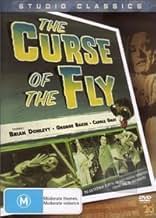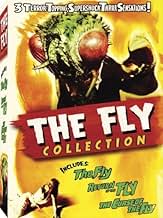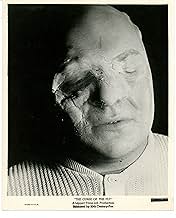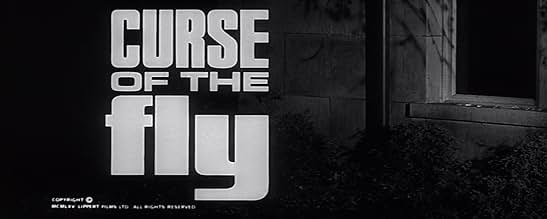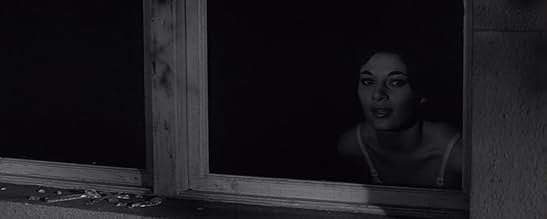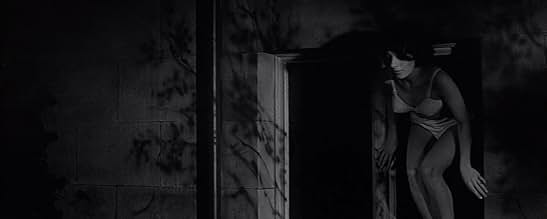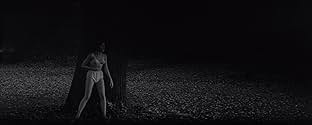Motorist Martin Delambre attempts to keep evidence of his family's bizarre experiments in teleportation hidden from his wife, who is hiding secrets of her own.Motorist Martin Delambre attempts to keep evidence of his family's bizarre experiments in teleportation hidden from his wife, who is hiding secrets of her own.Motorist Martin Delambre attempts to keep evidence of his family's bizarre experiments in teleportation hidden from his wife, who is hiding secrets of her own.


